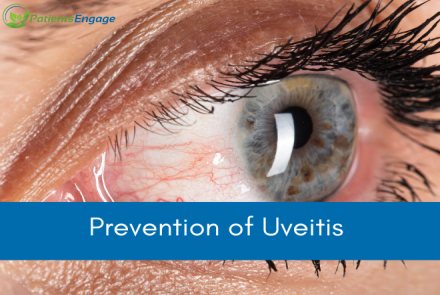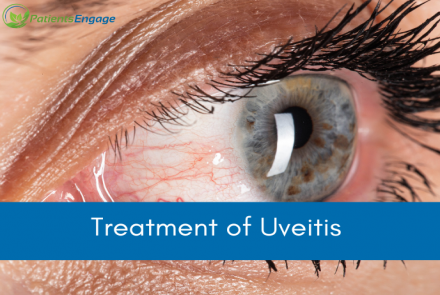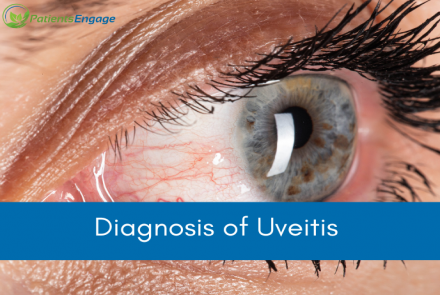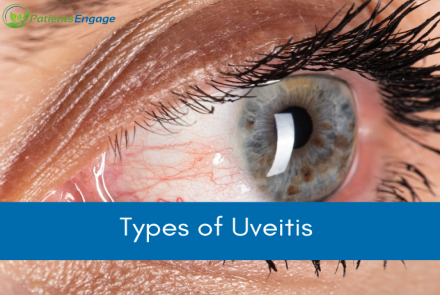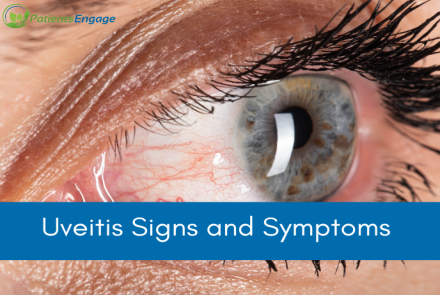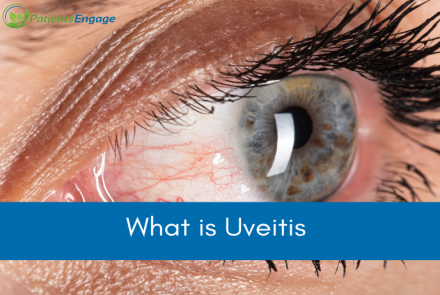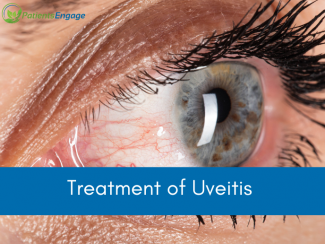
Treatment options for Uveitis
The treatment of uveitis depends on the following four factors:
- presence or absence of infection,
- location of uveitis in the eye,
- severity of inflammation, and
- the expected progression of the disease.
All cases of uveitis, in which an infection is identified, require treatment with the specific antibiotic. The antibiotic is given as tablets, but in some cases, may also be injected into the eye. The inflammation in the eye, in both infectious and non-infectious uveitis, is usually controlled by corticosteroids. Steroids can be given in the form of eye drops, injections in and around the eye, intravenous injections, and tablets. While steroids are known to produce several side effects in the eye, and elsewhere in the body, they are also crucial for quick control of inflammation. In patients, where a prolonged course of inflammation, and thereby steroid treatment is expected, the steroids are supplemented with other immunosuppressive drugs such as methotrexate, azathioprine or mycophenolate, with the aim of replacing the steroids with these medications. These immunosuppressives produce fewer side effects than steroids but need regular monitoring with blood tests.
Finally, we have a class of medications called biologics (adalimumab, infliximab), that are much potent than all the above drugs. These are typically required in aggressive forms of uveitis such as Behcet’s disease or childhood uveitis. While these are very potent, they also expose the patient to various infections, especially reactivation of tuberculosis.
The decision on the type and duration of treatment should be taken based on all the above factors, after careful discussion with the patients and their caregivers.
Is Uveitis curable
Uveitis is certainly treatable, and appropriate treatment leads to preservation of the eye and vision in the long run, with minimal side effects. That should be the goal of every treating ophthalmologist. However, the word cure is generally not applicable in the context of uveitis. Most infections that cause uveitis tend to persist in the eye to variable degrees and tend to recur whenever the body’s immune system loses the ability to control them. Similarly, imbalances of the immune system, that are responsible for non-infectious uveitis, lead to chronic, smoldering, or recurrent course of inflammation, needs long-term immunosuppressive therapy. A clear discussion on the treatment and its potential complications is imperative before the initiation of such therapy.


